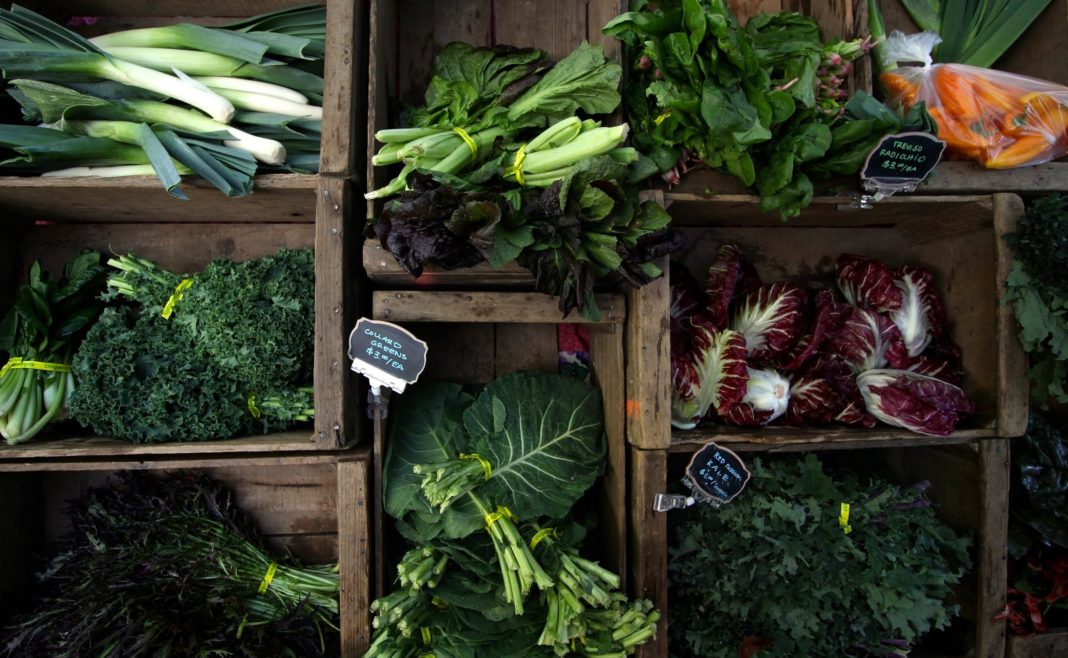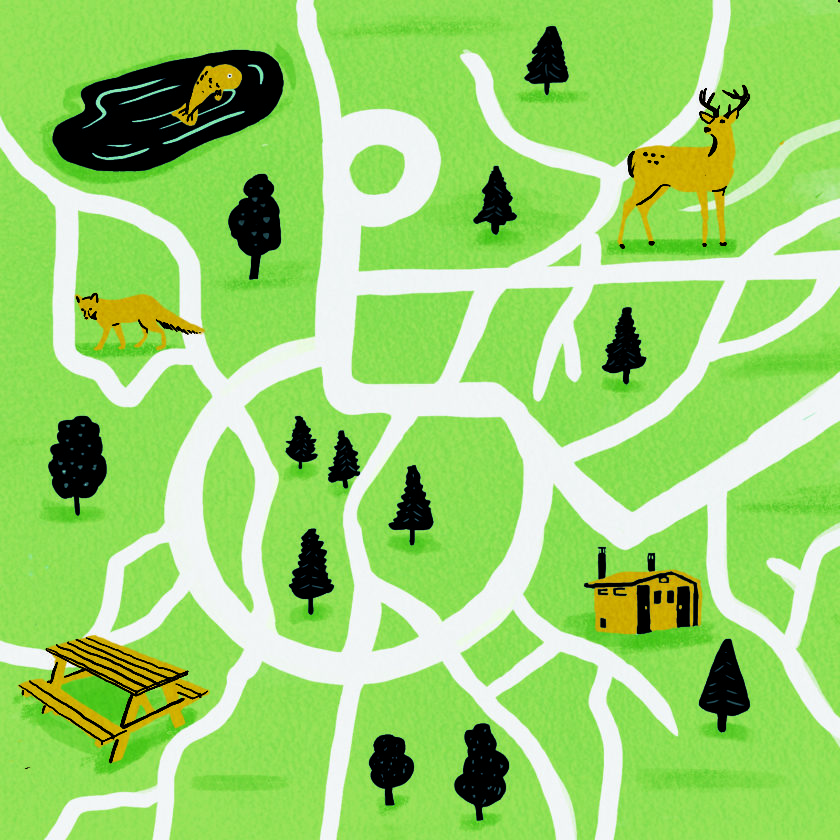Never before have plants been so popular and animal products so unpopular. This year is going to be the year of the vegan.
Over the course of 2017, the world saw massively increased interest in living a vegan lifestyle. A new survey by Quartz states veganism is one of the biggest food trends this year. Three years ago, there wasn’t the large amount of buzz and attention surrounding veganism like we see today.
Things have changed. Veganism is now trendy.
There has been controversy within the vegan community about who is allowed to use the vegan label. The Vegan Society defines veganism as “A way of living which seeks to exclude, as far as is possible and practicable, all forms of exploitation of, and cruelty to, animals for food, clothing or any other purpose.” By this definition, one can only qualify as a vegan if they believe in the ethical animal rights philosophy behind it.
However, it is unproductive to police the vegan label. This definition excludes health-conscious people who are using the label to define and categorize their dietary choices. Whatever your reasons for avoiding animal products and eating whole plant foods, you are contributing to the ethical and environmental reasons behind going vegan. It doesn’t matter why someone considered themselves vegan, it only matters that they are.
The most common reason for going vegan is the health benefits that come along with eating a plant-oriented diet while eliminating all animal products. Processed meat has been linked to early mortality rates and cancer. Similarly, dairy has been linked to increased risks of certain cancers, and the Nurses’ Health Study proved that it does not make bones stronger.
The benefits of abstaining from animal products include lowered cholesterol, reduced inflammation in the body and pain relief (arthritic, migraine and cardiac pains). Many people reported after going vegan they experienced weight loss, skin improvement and increased energy levels. Hair and nails became stronger while growing faster. A large part of these results is due to the substantial variety and the large amount of vitamins and nutrients that are being ingested when whole plant foods are making up the majority of your plate.
Another rising trend within the health and vegan communities is the plant-based diet. A plant-based diet is slightly different from a classified vegan diet because it excludes all processed foods. This means anything containing refined sugars are eliminated (yep, this means no Oreos). Those who eat a plant-based diet often consider themselves part of the vegan community. Within this category are strict raw vegans who follow a plant-based diet, in which all food sources are coming from uncooked and unprocessed fruits, vegetables, nuts and seeds. There are a plethora of health benefits to this lifestyle.
The health benefits of eliminating animal products far outweigh the slight inconveniences of avoiding them. Whatever your beliefs surrounding veganism as a lifestyle philosophy, it is indisputable that eating more plants is one of the best things you can do for your health.
I am at PSU pursuing an art history major and am minoring in Gender, Sexuality and Queer Studies and Design Management. I took on the role of opinion editor in summer 2018. When I started writing for the opinion section last year as a contributor, I was looking to learn about journalism and media; I can say I definitely have. As an editor, I focus on creating environments in which writers and readers can connect and engage in productive conversations exploring new points of view.






Hey PSU students!
My name is Tanya, and I am the founding co-president of a student organization on campus called PSU Veg! PSU Veg is a resource for vegetarian, vegan, and veg-curious students within the Portland State community.
We serve as a group for all those interested in benefitting from a thriving plant-based diet within the PSU student community. Not only do we provide a place for discussing favorite recipes, restaurants, and the benefits of incorporating more plants into your meals, we also provide educational opportunities to discuss with those students curious about the plant-based lifestyle. Making such a change can be tough for anyone – so we’re here to support you on your journey to a more ethical, environmentally considerate, and healthier way of life!
Please check out our facebook page for updates on meetings, events, and other fun veg-related things!
https://www.facebook.com/psuveg
I hope the vegan meat industry completely destroys the regular meat industry. At some point vegan meat will taste so much like the real thing that the meat industry will have to raise it standards on how they treat their animals or be forced to go out of business. No one wants to eat something that is attached with pain, fear, and suffering of the animal. They have to be able guarantee that they treat their animals right, give them good lives, and pain-free deaths. If they castrate their animals and feed us the meat of castrated animals, than the spirit of castration lingers on the meat and goes into the consumer. Can they guarantee that the meat they produce is not contaminated with harmful bacteria and parasites like roundworms, tapeworms, and hookworms which can infect its human consumers? Will they use 100% pine oil turpentine to purge their animals of their intestinal parasites? Will the meat industry stop polluting the environment with waste water run off and become more efficient with its use of water and other natural resources to produce meat?